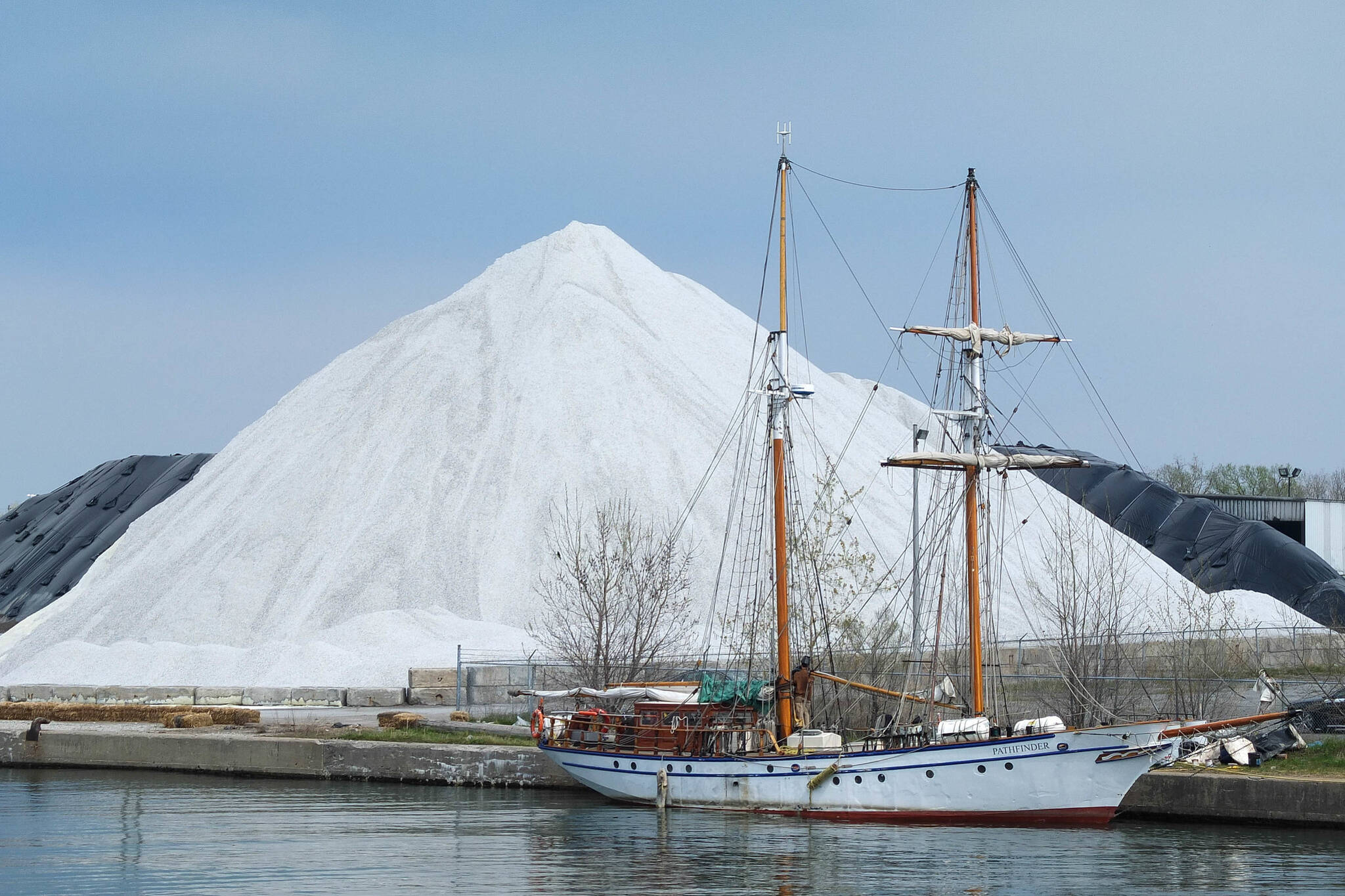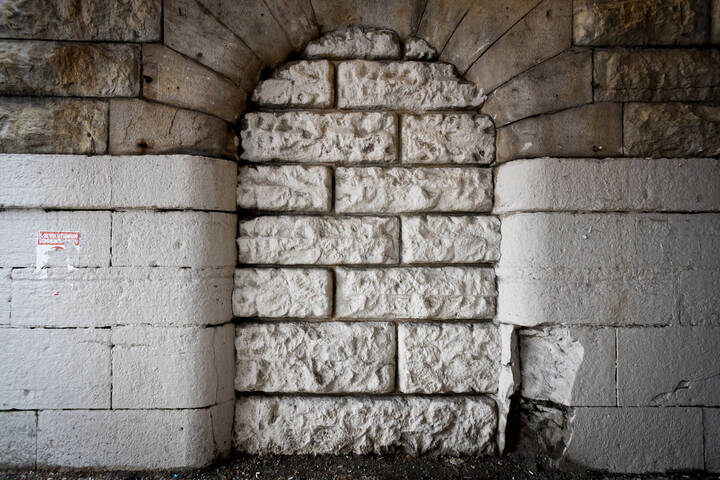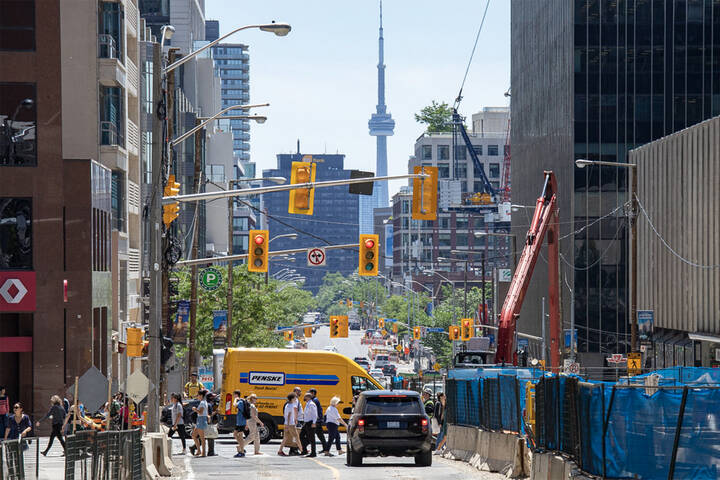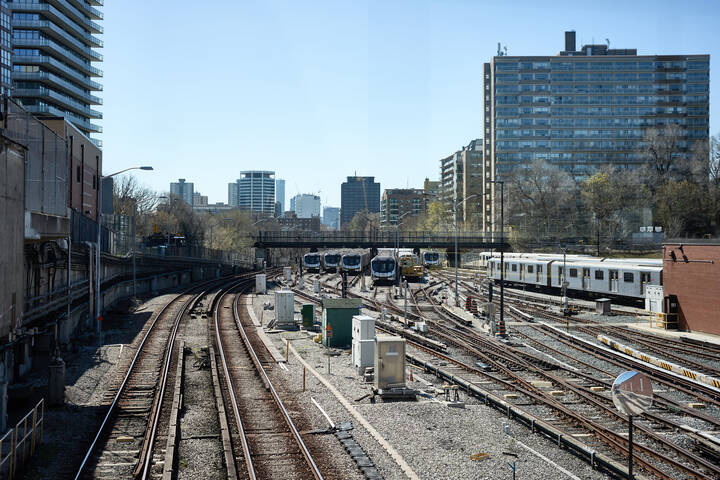
Toronto may finally do something about its mountain of salt
Toronto may have a little less salt in its municipal diet next winter if the city accepts a new recommendation in front of it right now.
Every year, Toronto spreads between 130,000 and 150,000 tonnes of salt on the roads to make rhythm less slippy for cars, cyclists and pedestrians. That’s literal mountains of the stuff.
And that is not good, because when the snow and ice melt, the salt gets washed down into the sewers and out into the water system, effectively poisoning it. Toronto uses so much salt every winter, our rivers are salty even in the summers.
People have been complaining about it for years, almost as much as they complain about how icy the streets and sidewalks are, and until now, those two sides have cancelled each other out and the city has felt safe doing nothing.
But now, activists, including city councillor Mike Layton, have made it a money thing, and it looks like it’s fast-tracking things.
According to Layton, in a letter to the city committee responsible, "Road salt has been the cheap 'go-to' solution for slippery roads and sidewalks, but the actual costs to the environment and to infrastructure are not reflected in its price."
In addition to its effects on the city’s waterways, salt is also corrosive, as anyone who’s had a metal car or worn leather boots in the winter knows. And with that much salt spread over everything every year, other things, things the city has to pay for, are getting corroded as well.
The recommendation includes a few suggestions, including pre-mixing the salt with water and spraying it on the ice which apparently reduces the amount of salt used by 30% (or about 45,000 tonnes a year) and hosing down roads before storms to “prevent ice bonding to the pavement.”
Other suggestions and experiments over the years have included sand (which doesn’t melt the ice but makes it less slippery) and beet juice, but it seems like salt is here to stay, as these latest recommendations are mostly about reduction rather than replacement.
They’re also apparently not sure how well it's going to work, because the final recommendation is to launch a public awareness campaign intended to, among other things, "manage expectations for snow removal" and remind people of the "balance between public safety and environmental stewardship."
The recommendations are being considered now, with a decision due May 5.
Latest Videos
Latest Videos
Join the conversation Load comments







